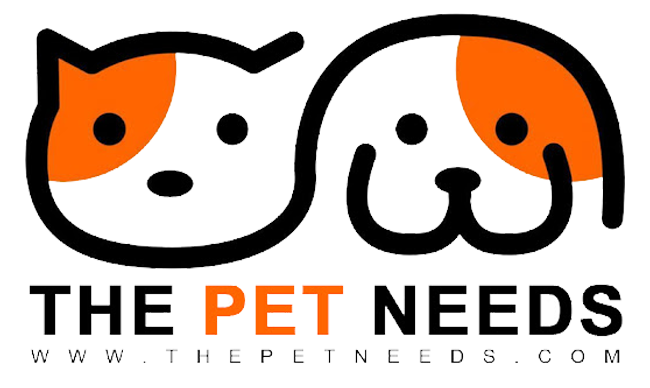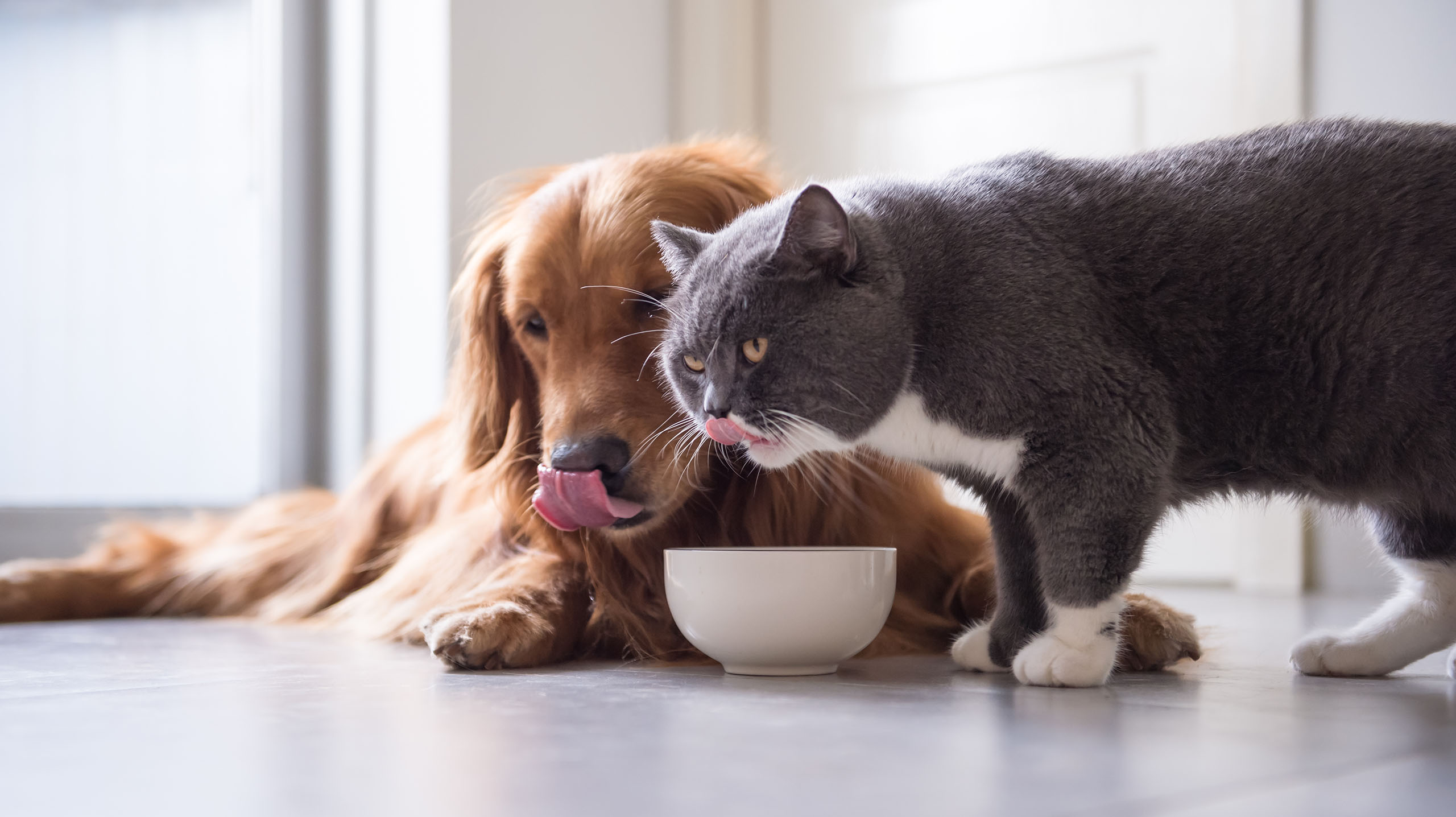The vast array of options in the food section can be quite overwhelming. You aim to provide your friend with the nutrition possible but amidst the buzz around grain free food and other specialized diets you might wonder, “What’s the ideal diet for my pet?” By gaining insight into the advantages and disadvantages of food trends you can choose wisely for your pets dietary requirements.
Grain Free Food
Typically popular pet diets often mirror dietary preferences and the grain free food movement falls right in line with this trend. The surge in gluten free diets among humans has prompted pet food companies to introduce grain free alternatives for cats and dogs as well.
While there are brands and types of grain cat and dog foods available these diets typically have some common characteristics;
- Exclusion of corn, wheat, rice or other grains
- Absence of soy products
- Greater reliance on legumes like peas and lentils or starches such as potatoes
Advantages
Interestingly allergies to grains are uncommon in cats and dogs. There is evidence supporting any benefits, from feeding a grain free diet to healthy pets.
Drawbacks
However there are concerns, about the long term effects of feeding pets a grain diet on their health. The Food and Drug Administration (FDA) is currently looking into the rising cases of heart disease in dogs that consume grain food. The connection between grain food and heart disease is not yet fully understood, prompting research to establish a possible direct link.
Limited Ingredient and Unique Protein Diets
Limited ingredient pet foods may feature only one protein, carbohydrate or fat source or they may simply have fewer ingredients compared to other pet foods. On the hand unique protein diets incorporate conventional protein sources. These specialized diets are sometimes recommended for pets with food allergies or other food related ailments.
Advantages
For pets dealing with food allergies avoiding triggering ingredients and substituting them with ones could be beneficial. These diets often include proteins, like lamb, salmon, venison, duck and rabbit. It’s crucial to ensure that treats and other items given to your pet do not contain ingredients that can cause issues for them. Many companies offer treats that complement these diets.
Downsides
Pets, like dogs and cats that do not have these health issues may not experience any advantages from a ingredient or novel protein diet. It’s important to note that having ingredients in a diet doesn’t automatically mean it is more nutritious. The key factors are the quality and balance of the ingredients well as the manufacturing processes used for quality control.
Specialized Pet Food and Diets Recommended by Vets
Specialized diets come in a variety of options. Are designed to help manage different medical conditions. Common ailments that can be controlled through means include allergies, obesity, arthritis among others.
Advantages
Specialized diets contain ingredient blends compared to pet foods and usually undergo more extensive research and testing. These pet foods are often subjected to trials to demonstrate their effectiveness for pets suffering from the diseases they aim to address. In fact many of these diets can potentially. Even eliminate the need for medication in pill or injection form.
Drawbacks
These special diets come at a cost. Might require a prescription from a veterinarian. While some may be available, at pet stores it is generally recommended to purchase them from your vets clinic.
A cheerful Labrador eagerly anticipating its meal.
Creating Meals, for Pets at Home
of navigating the array of pet food choices at the veterinarians office specialty pet shops and online some pet parents opt to prepare their pets meals themselves.
Advantages
Preparing meals for your dog or cat can make you feel more involved as a pet owner taking greater responsibility for your pets diet and well being. Many pet owners also appreciate the opportunity to introduce ingredients and variety into their pets meals.
Disadvantages
Crafting homemade diets requires time and effort. Ensuring proper management can be challenging. For a cat or dogs diet to be healthy it must be complete and balanced incorporating;
- proportions of protein, fat and carbohydrates
- levels of essential vitamins and minerals based on the pets life stage
- Sufficient caloric intake to support a healthy weight
Feeding an unbalanced diet over an extended period can have adverse effects, on your pets health. If you’re contemplating providing your pet with meals it is crucial to have a board certified veterinary nutritionist review the recipe to confirm that it meets all your pets requirements.
Take Care of Your Pet in the Best Way
While specialty or fashionable diets might appear ideal, for your pet it’s crucial to distinguish between reality and marketing tactics. Each pet has requirements. There isn’t a one size fits all diet solution. Your vet is the source, for personalized dietary advice tailored to your dogs or cats specific needs.

